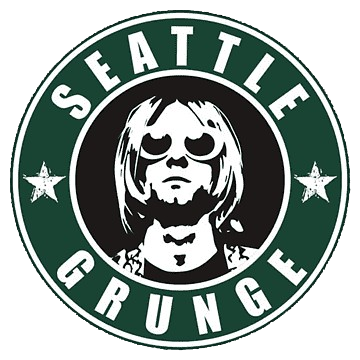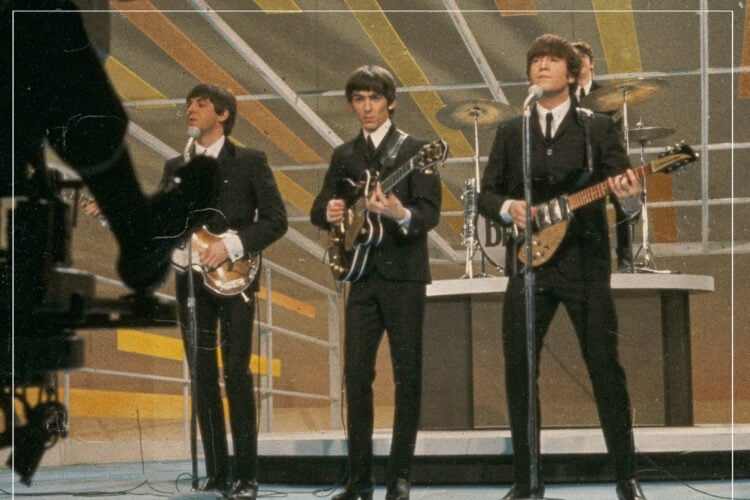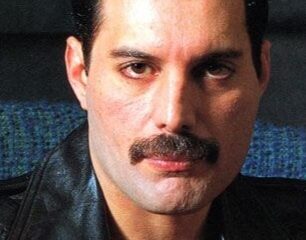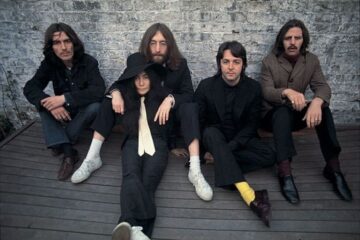The Beatles were synonymous with the live circuit. From the dingy pubs of Liverpool to clubs in Hamburg, before they took the world by storm, they frequently performed and won over crowds with their talent and loveable sound. Given they had such an excellent live sound and were fans of performing, it was a surprise when they announced they would stop gigging after their run of shows in 1966.
Before embarking on their American tour in ‘66, the band had already decided to stop performing live. Their reasoning was simple: the show was too big for their music. Long gone were the days of playing in small pubs and venues. They were now selling out arenas to screaming crowds, and their sound was completely drowned out as a result.
Ringo Starr even admitted that he couldn’t hear the band when he was on stage, and he watched the backsides of his bandmates to work out how to stay in time with the tune. This was all happening before stadium shows were commonplace, and the sound systems available at the time for the clean-cut sound that The Beatles had simply weren’t there.
Even if the band weren’t planning on stopping touring, the nightmare that ensued on their tour in the States in ’66 could have been enough to put them off any future gigs. The band was plagued by the backlash following the controversy surrounding John Lennon’s comments that The Beatles were bigger than Jesus. They also spoke out against the Vietnam War, which also rubbed people the wrong way.
They played in open-air stadiums throughout the tour, which was already tricky because of problems with the sound system. On top of that, many of the gigs were less occupied than expected because of the controversy surrounding the band, and some audience members even voiced disdain toward the band during their sets.
After giving up touring and ending their final shows on such a negative note, the band decided to go into hiding throughout 1967. Their usual work rate dissipated (or at least was carried out behind closed doors), as they didn’t release music as frequently, and fans were left wondering when they might hear from the band again.
This had a knock-on effect on the charts in the UK. Not only did people miss The Beatles, but the sense of unity that existed throughout the charts also disappeared. The Beatles had created a sense of unity in the UK pop charts. Because they had such a versatile sound and approached albums with a completely fresh attitude, the public developed more of an open-minded attitude to music. It was a versatile time with a lot of variety, but it all existed under the same veil.
That stopped when the band stopped releasing music, and the public was left confused about which way to turn regarding their listening habits. Many artists who had been seeing success in ’66, such as Dusty Springfield, suddenly struggled to sell as many records as her unique vocal tone and style were suddenly a bit harder for audiences to take.
The confusion amongst the public was best reflected in the fact that the UK charts were temporarily dominated by what were referred to as “Mums and Dads” records. Big ballads were back, and artists like Engelbert Humperdinck, who had been off the radar for a while, were suddenly mainstream once again.
The disappearance of The Beatles also coincided with the early happenings of rock, and many of the songs that were becoming popular were much more aggressive and distortion-heavy. There was a lot of change happening all at once, and people weren’t sure whether to step forward into it or lean back to familiar territory. Pop was thrown into contention, and the whole dynamic of the charts was altered as a result.




